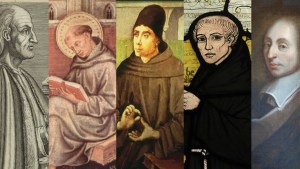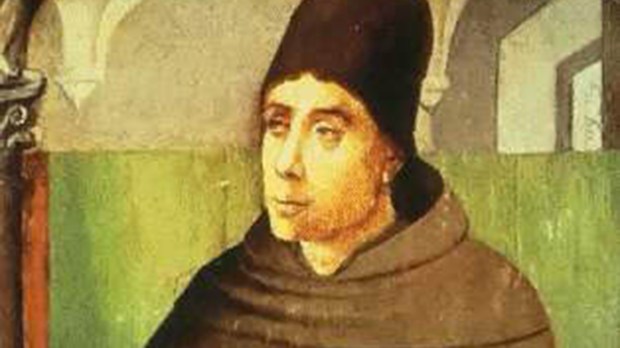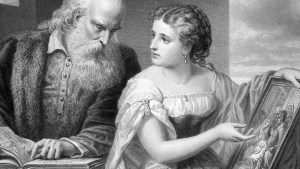In the realm of medieval philosophy, many are familiar with the work of Bl. Duns Scotus, a Franciscan friar who is regarded as one of the most influential philosophers in history.
For many centuries Bl. Duns Scotus was not officially part of the list of beatified saints, but devotion to him was widespread.
This popular devotion was confirmed on March 20, 1993 by St. John Paul II, when he recognized Duns Scotus as “blessed.”
John Paul II saw in Bl. Dun Scotus a great intellect, but more importantly, holiness in life.
In our age, although rich in immense human, technical and scientific resources, but in which many have lost the sense of faith and lead a life far from Christ and his Gospel (cf. Redemptoris missio , 33), Blessed Duns Scotus presents himself not only with the acuteness of his ingenuity and the extraordinary ability to penetrate into the mystery of God, but also with the persuasive force of his holiness of life which makes him, for the Church and for all humanity, a Master of thought and life.
In particular, John Paul II thought, along with St. Paul VI, that his teachings could help combat modern atheism.
His doctrine, from which, as my venerable Predecessor Paul VI affirmed, “it will be possible to draw lucid weapons to fight and ward off the black cloud of atheism that obscures our age” (Epist. Apost. Alma Parens: AAS 58 [1966] 612), vigorously builds up the Church, supporting her in her urgent mission of new evangelization of the peoples of the earth. In particular, for Theologians, Priests, Pastors of souls, Religious, and especially for Franciscans, Blessed Duns Scotus is an example of fidelity to revealed truth, of fruitful priestly action, of serious dialogue in research…May his spirit and his memory illuminate the suffering and hopes of our society with the very light of Christ.
As atheism continues to rise in modern society, it may be worth dusting off the teachings of Bl. Duns Scotus and invoking his intercession to help lift the “black cloud” that obscures the minds of people everywhere.



